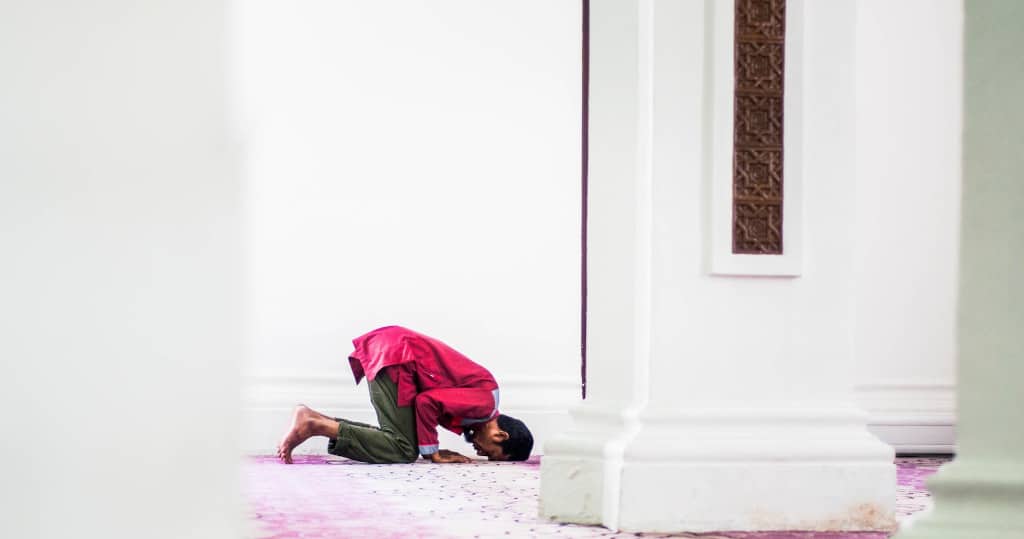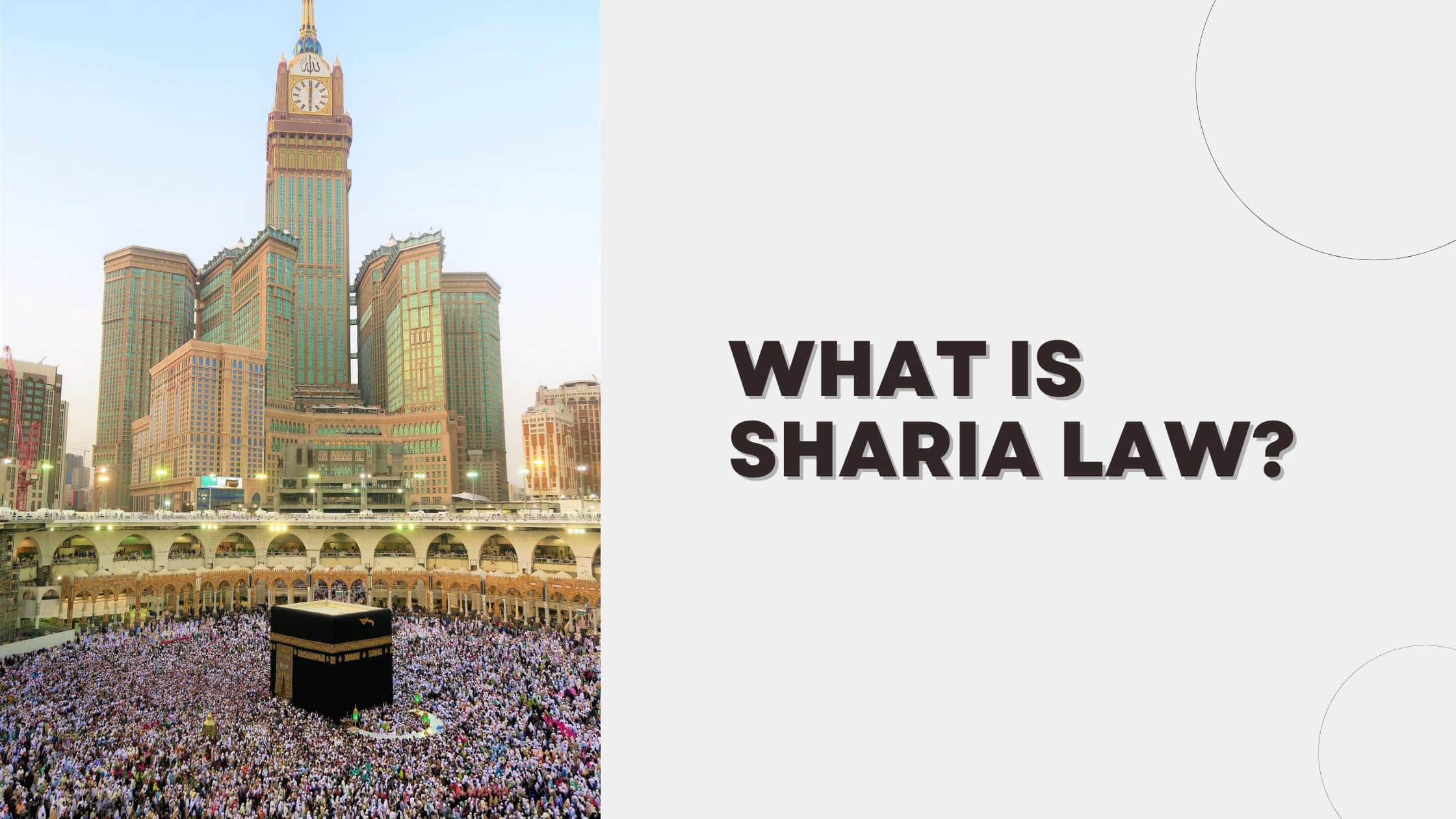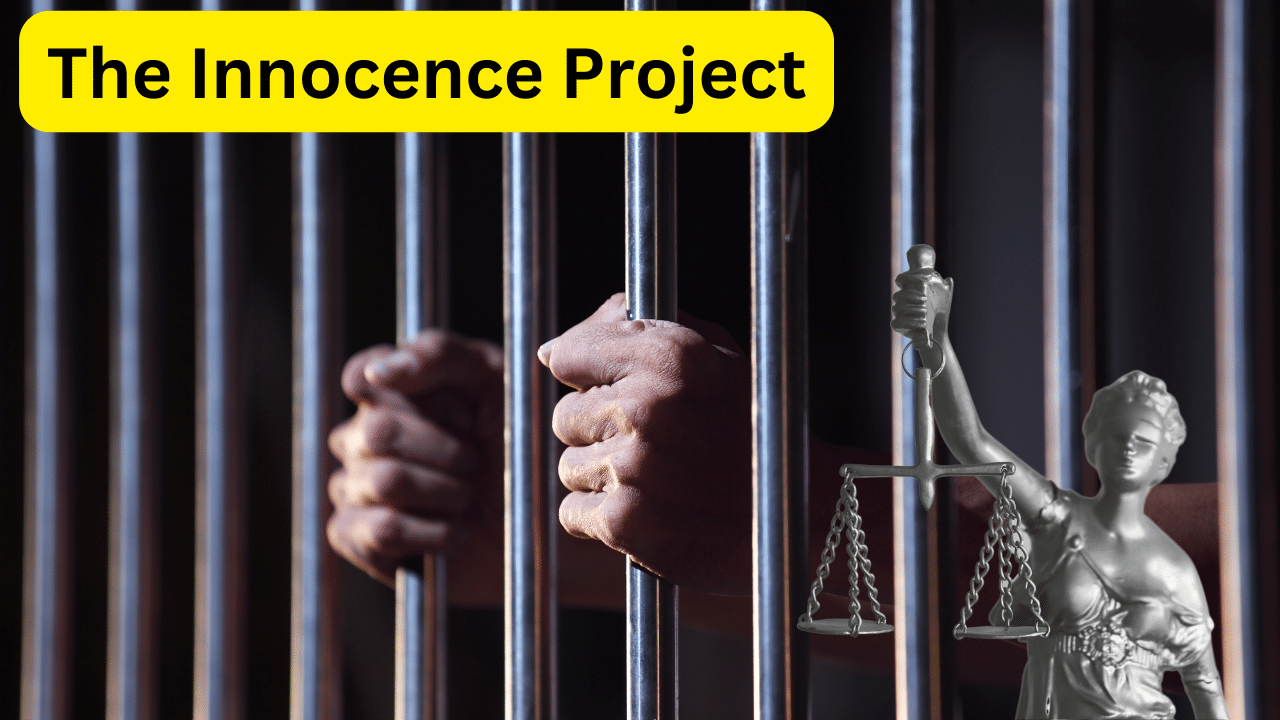Table of Contents
ToggleSharia law is the body of Islamic rules and teachings that govern many Muslims’ relationships with the world, including their relationships with their nation, society, and families.
Sharia law derives from eleven Islamic references, including and most importantly, the Holy Quran, which was revealed to the Prophet Muhammad. The five major components of Sharia Law relate to protecting life, sanity, the family, religious practice, and personal and communal wealth.
Components of Sharia Law
Sharia Law regulates public life and specific actions between individuals and can be broken down into three large domains: the Islamic legal system, the economic system, and the Islamic governance of the state.
Ritual Practices
Sharia Law is both a system of law and an extensive code for behavior embracing both private and public life, and adherents receive a set of ethical standards that they should, in theory, follow in good conscience, as well as things they should avoid.

The Salat (ritual prayer), Zakat (annual charity donations), fasting during the Islamic holy month of Ramadan, and Hajj (pilgrimage to Mecca, the most sacred city for Muslims) are all integral parts of Sharia Law.
However, these practices are typically not punishable by authorities and exist more as a set of moral standards than legal codes.
Legal System
The Islamic legal system provides detailed provisions on criminal and personal status matters and civil and commercial interactions through Sharia Law.

Increased exposure to Western culture and laws has reduced the applicability of Islamic law in some ways, relegating Sharia Law primarily to personal status or family issues.
The Ottoman Empire was influenced by the Napoleonic Code, a Roman-based legal code established in France in the early 1800s. The Ottomans attempted to merge the Islamic legal system with modern life by enacting regulations for commercial and civil interactions and disputes with ideas from traditional Islamic law.
Punishment in Sharia Law
Acts committed against another person, from assault to homicide, are punishable by retaliation. In these situations, the offending party is subject to the same treatment that the victim in the case received.
A handful of specific crimes for which punishments are fixed, known as hadd in Arabic. This includes capital punishment for those who commit apostasy, while those who commit theft have their hands amputated.
Those found committing adultery receive death sentences by stoning. Those caught consuming alcohol are sentenced to 80 lashings with a whip.
Economic System
Subject to much debate, the rules for financial transactions and economic activity vary by country and Islamic sect. There are several basic tenets of the economic system under Sharia Law.

These include the collection of Zakat, an obligation for all Muslims. The Zakat is, in effect, an annual charitable, religious tax dispersed amongst the poor or by the state for welfare for the needy.
In Islamic banking, charging interest is deemed illegal by Sharia Law, and as such many modern banks violate Sharia Law. Both the Zakat and the forbidding of interest rates received challenges from European colonialism and the introduction of capitalist, market-based economies in regions where Sharia Law is preeminent.
Political System
There is a debate within Islam as to whether or not Sharia Law and Islam have any role in the governance of the modern political state or nation. A vast majority of Islamic scholars and followers of the Prophet Mohammed believe Islam is a religion and a state.

They think Islam should dictate government and public life while also serving as a religion. Dissenting voices have argued that Islam should serve only as a religion and should not be involved in governing the state.
The debate continues to rage today, with hardline Sharia Law proponents arguing for Sharia law to dictate all aspects of life, including governance. At the same time, reformers say Islam should be used only as a religion, not a form of government.
Family Law
Patriarchal rule is the basis of traditional Islamic law regarding family and relationships. Fathers have the right to contract their daughters, minor or adult, in marriage. Still, according to Islamic jurists, any adult Muslim woman who is no longer a virgin must give her consent to be married.

According to traditional Sharia Law, husbands have the right to multiple wives, polygamy, and may be married legally to four wives.
Who Determines Sharia Law?
A qadi, or Muslim judge, is traditionally in charge of rendering decisions according to Sharia Law. This includes the interpretation of Sharia Law as it theoretically applies to criminal and civil matters in Sharia courts.
In modern times qadi typically only have the power to preside over cases relating to religious customs or personal status, which include issues relating to inheritance, marriage, and divorce.

As outlined in early Islamic times (the 7th and 8th centuries), the requirements for qadis were that they must be free Muslim males of good character with sound knowledge of Sharia Law.

Get Smarter on US News, History, and the Constitution
Join the thousands of fellow patriots who rely on our 5-minute newsletter to stay informed on the key events and trends that shaped our nation's past and continue to shape its present.
Additionally, qadi were required to derive specific rules from either the ijma (consensus of the Muslim community), the Holy Quran, or the hadith (traditions of Prophet Muhammad).
Appointees maintained the long-standing ideals relating to qadi in theory. Still, in practice, Muslim states and their leaders began to appoint qadi based on their adherence to specific schools of Islamic law, which guaranteed predictability in judgments.
Where is Sharia Law Practiced
Traditional Sharia Law is still practiced in its entirety, governing criminal, civil, and family law within many countries, including Saudi Arabia, Yemen, Iraq, Iran, Afghanistan (under Taliban rule), Pakistan, Egypt, Sudan, Somalia, Mauritania, and Morocco.

Countries like Algeria, Libya, Mali, Syria, Jordan, and Bangladesh practice forms of mixed Sharia Law primarily dedicated to family law only.
In other countries, such as the United Arab Emirates in the Middle East, Nigeria in Africa, and Indonesia and Malaysia in Southeast Asia, Sharia Law is practiced within specific territories but is not applied generally.
Finally, Sharia Law exists just among adhering Muslims in countries like India, the Philipines, Ethiopia, Kenya, Uganda, and Ghana.
Future of Sharia Law
When answering questions about Sharia Law’s future, several vital considerations arise.
Will new leadership in staunchly religious countries like Saudi Arabia, pressured by the West and an increasingly interconnected/globalized world soften their strong policies and become more liberal?
Or will traditionalist Islamists further enforce Islamic jurisprudence, thereby strengthening their positions within the Muslim world and enhancing the use of Sharia Law? To these questions, only one answer can be given. Time will tell.











